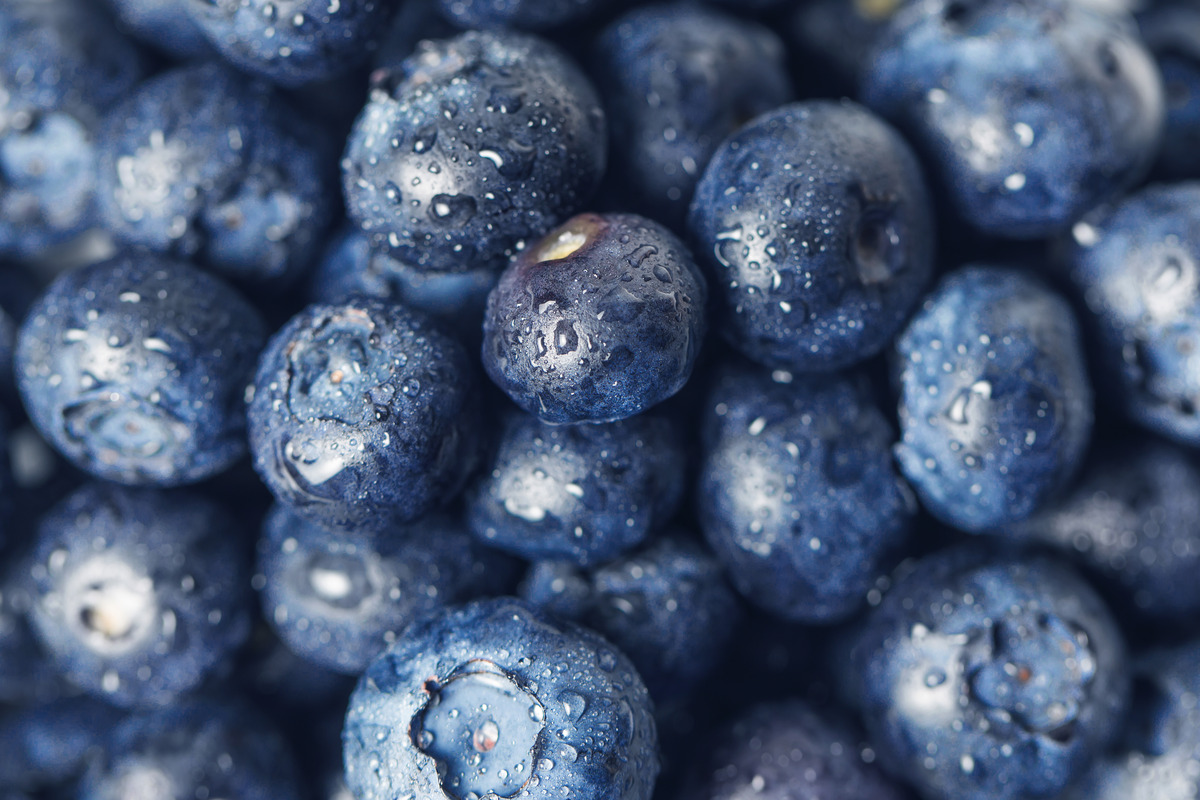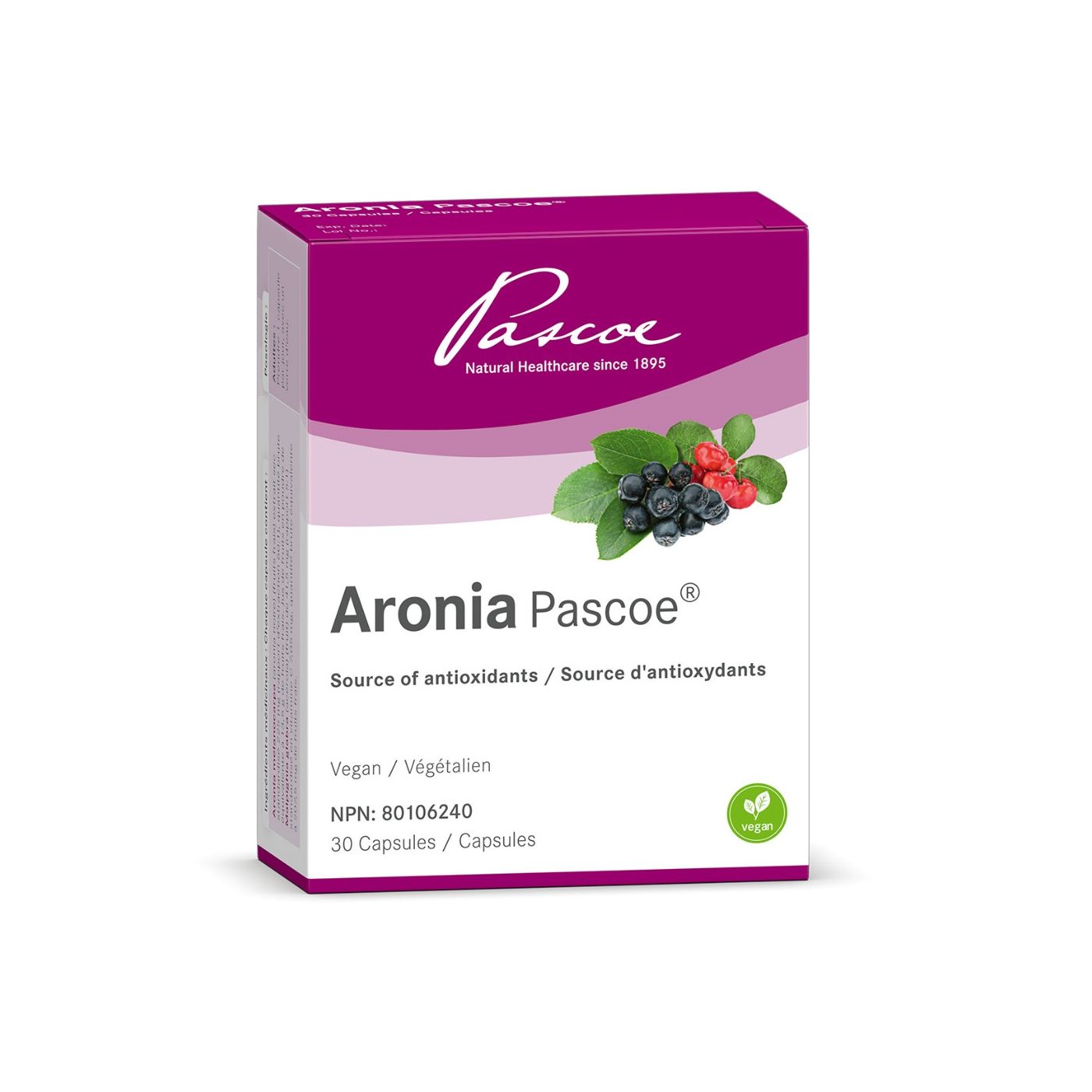Naturally Boost Your Immune System to Stay Healthy This Winter
As winter approaches, maintaining a strong immune system becomes paramount. The immune system, our body's defence mechanism, plays a crucial role in safeguarding against infections and illnesses. In this guide, we'll explore how you can naturally enhance your immune function and fortify your health during the colder months.
Our immune system is a complex network of cells, tissues, and organs working together to defend against harmful invaders. During winter, factors like cold temperatures and reduced sunlight exposure can impact immune function, making it essential to prioritize immune health.


Key Factors Affecting Immune Function
Dietary choices significantly influence the efficiency of our immune system. A well-balanced diet, rich in essential nutrients, is crucial for optimal immune function. Vitamins and minerals, particularly vitamin C, play a pivotal role in collagen formation and overall immune support.
The Power of Fruits and Vegetables
Incorporating a variety of fruits and vegetables into your diet is a cornerstone of immune health. Aronia berries and acerola cherries, known for their bioflavonoid content and high levels of ascorbic acid, offer potent antioxidant benefits. These natural sources of antioxidant activity contribute to overall immune system support.
Antioxidants and Their Role
Antioxidants are essential in reducing inflammation and combating oxidative stress. Bioflavonoids are a diverse group of naturally occurring compounds found in plants and offer a multitude of health benefits. Renowned for their antioxidant properties, bioflavonoids play a crucial role in neutralizing free radicals, thereby reducing oxidative stress in the body. This not only supports overall cellular health but also contributes to the prevention of chronic diseases. Additionally, bioflavonoids have been associated with enhancing immune function by promoting the activity of immune cells and modulating inflammatory responses. Moreover, these compounds play a key role in supporting collagen formation, contributing to the health and elasticity of connective tissues. Rich sources of bioflavonoids, such as aronia berries and acerola cherries, have become noteworthy additions to diets aiming to harness the full spectrum of these benefits, ultimately promoting well-being and longevity.
The diverse array of bioflavonoids benefits immune function by contributing to a robust immune response. By including these nutrient-rich foods in your diet, you provide your body with the tools it needs to maintain a healthy balance.
Vitamin C and Its Immune-Boosting Properties
Vitamin C is a key player in supporting immune function. Found in abundance in citrus fruits, it aids in collagen formation and helps fortify the body's defences. Including citrus fruits in your diet during winter can be a tasty and effective way to bolster your immune system.
Supplements and Their Considerations
While dietary supplements can be beneficial, it's crucial to approach them with caution. They should complement, not replace, a well-rounded diet. Strive for a balance between natural food sources and supplements, keeping in mind that whole foods provide a spectrum of nutrients essential for immune health.
Immune System and Cancer
Recent studies highlight the interconnectedness between a healthy immune system and its role in defending against cancer cells. Cancer cells affect the number of blood vessels made in the bone marrow and by bolstering the immune system, we may prevent these cancer cells from proliferating. A robust immune response may reduce the risk of certain types of cancer, showcasing the far-reaching benefits of maintaining immune health.
Autoimmune Diseases and Immune Balance
Achieving a delicate balance is key to a well-functioning immune system. A balanced diet not only supports immune health but may also play a role in mitigating the risk of autoimmune diseases. Striking this equilibrium is essential for overall well-being.
5 Steps to Maintaining Immune Health This Winter
As winter approaches, prioritizing immune health becomes crucial in the face of seasonal challenges.
1. The first step involves adopting a nutrient-rich diet, incorporating a variety of fruits and vegetables that supply essential vitamins and minerals. Vitamin C, found abundantly in citrus fruits, plays an important role in supporting immune function and collagen formation. While considering a vitamin C supplement may be beneficial, it's essential to be mindful of potential side effects and consult with a healthcare professional.
2. The second step focuses on regular exercise, which not only contributes to overall well-being but also enhances immune function.
3. Adequate sleep, the third step, is paramount, as sleep deprivation can increase the risk of infections.
4. The fourth step emphasizes managing stress, as chronic stress can weaken the immune system.
5. Lastly, recognizing the importance of innate immunity, the body's first line of defence, underscores the bottom line—nurturing a robust immune system requires a holistic approach encompassing lifestyle choices, nutritional habits, and a proactive mindset.
As we navigate the winter months, it's crucial to adopt a holistic approach to immune health. By embracing a diverse and nutrient-rich diet, incorporating immune-boosting foods like aronia berries and acerola cherries, and being mindful of the delicate balance within our immune system, we empower ourselves to face the season with resilience and vitality.
Remember, a healthy immune system is not built overnight but is a result of consistent, conscious choices. By making informed decisions about what we eat and how we care for our bodies, we can naturally enhance our immune function and enjoy a healthier winter season.
References:
Carr, Anitra C, and Silvia Maggini. “Vitamin c and Immune Function.” Nutrients, vol. 9, no. 11, 3 Nov. 2017, p. 1211, www.ncbi.nlm.nih.gov/pmc/articles/PMC5707683/.
Hughes, D. A. “Effects of Dietary Antioxidants on the Immune Function of Middle-Aged Adults.” The Proceedings of the Nutrition Society, vol. 58, no. 1, 1 Feb. 1999, pp. 79–84, pubmed.ncbi.nlm.nih.gov/10343344/, https://doi.org/10.1079/pns19990012.
Lee, Sid. “The Immune System.” Canadian Cancer Society, 2015, cancer.ca/en/cancer-information/what-is-cancer/immune-system.


